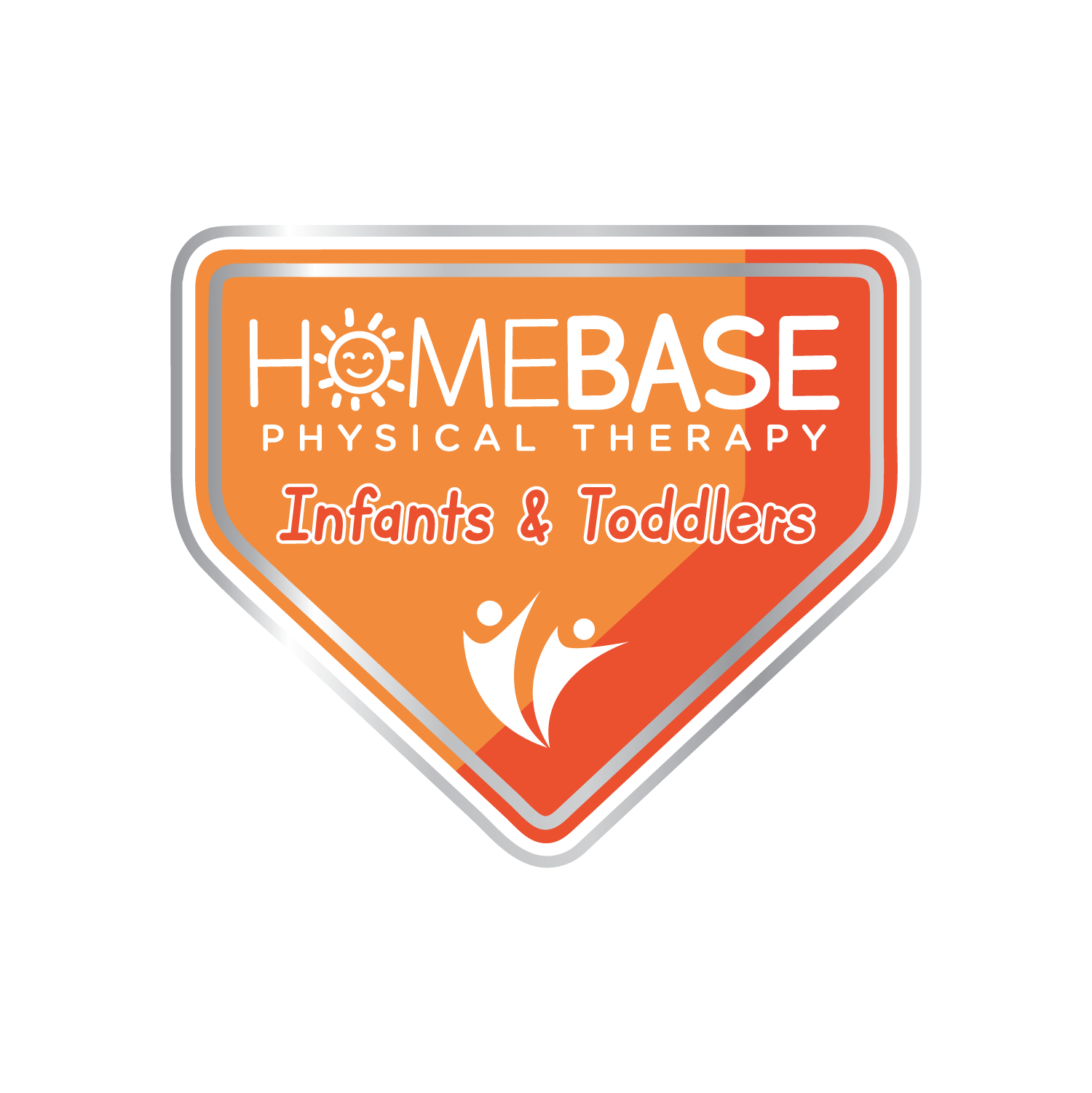Home Base Physical Therapy Rotator Cuff Tear or Injury
The “rotator cuff” is a group of 4 muscles that are responsible for keeping the shoulder joint stable. Unfortunately, injuries to the rotator cuff are very common, either from injury or with repeated overuse of the shoulder. Injuries to the rotator cuff can vary as a person ages. Rotator cuff tears are more common later in life, but they also can occur in younger people. Athletes and heavy laborers are commonly affected; older adults also can injure the rotator cuff when they fall or strain the shoulder, such as when walking a dog that pulls on the leash. When left untreated, this injury can cause severe pain and a decrease in the ability to use the arm.
Rotator cuff tears are called either “full-thickness” or “partial-thickness,” depending on how severe they are. Full-thicknesstears extend from the top to the bottom of a rotator cuff muscle/tendon. Partial-thickness tears affect at least some portion of a rotator cuff muscle/tendon, but do not extend all the way through.
Tears often develop as a result of either a traumatic event or long-term overuse of the shoulder. These conditions are commonly called acute or chronic:
An acute rotator cuff tear is one that just recently occurred, often due to a trauma such as a fall or lifting a heavy object.
Chronic rotator cuff tears are much slower to develop. These tears are often the result of repeated actions with the arms working above shoulder level—such as with ball-throwing sports or certain work activities. People with chronic rotator cuff injuries often have a history of rotator cuff tendon irritation that causes shoulder pain with movement. This condition is known as shoulder impingement syndrome (SIS).
How Can We Help? Is surgery avoidable?
At Home Base Physical Therapy we can help you decrease your risk of developing or worsening a rotator cuff tear, especially if you seek assistance at the first sign of shoulder pain or discomfort. To avoid developing or progressing to a rotator cuff tear from an existing shoulder impingement, it is imperative to avoid future exacerbations. Your physical therapist can help you strengthen your rotator cuff muscles, train you to avoid potentially harmful positions, and determine when it is appropriate for you to return to your normal activities.
General Tips:
- Avoid repeated overhead arm positions that may cause shoulder pain. If your job requires such movements, seek out the advice of a physical therapist to learn arm positions that may be used with less risk.
- Apply rotator cuff muscle and scapular strengthening exercises into your normal exercise routine. The strength of the rotator cuff is just as important as the strength of any other muscle group. To avoid potential detriment to the rotator cuff, general strengthening and fitness programs may improve shoulder health.
- Practice good posture. A forward position of the head and shoulders has been shown to alter shoulder blade position and create shoulder impingement syndrome.
- Avoid sleeping on your side with your arm stretched overhead, or lying on your shoulder. These positions can begin the process that causes rotator cuff damage.
- Avoid carrying heavy objects at your side; this can strain the rotator cuff.
- Call and make an appointment at the first sign of symptoms.
